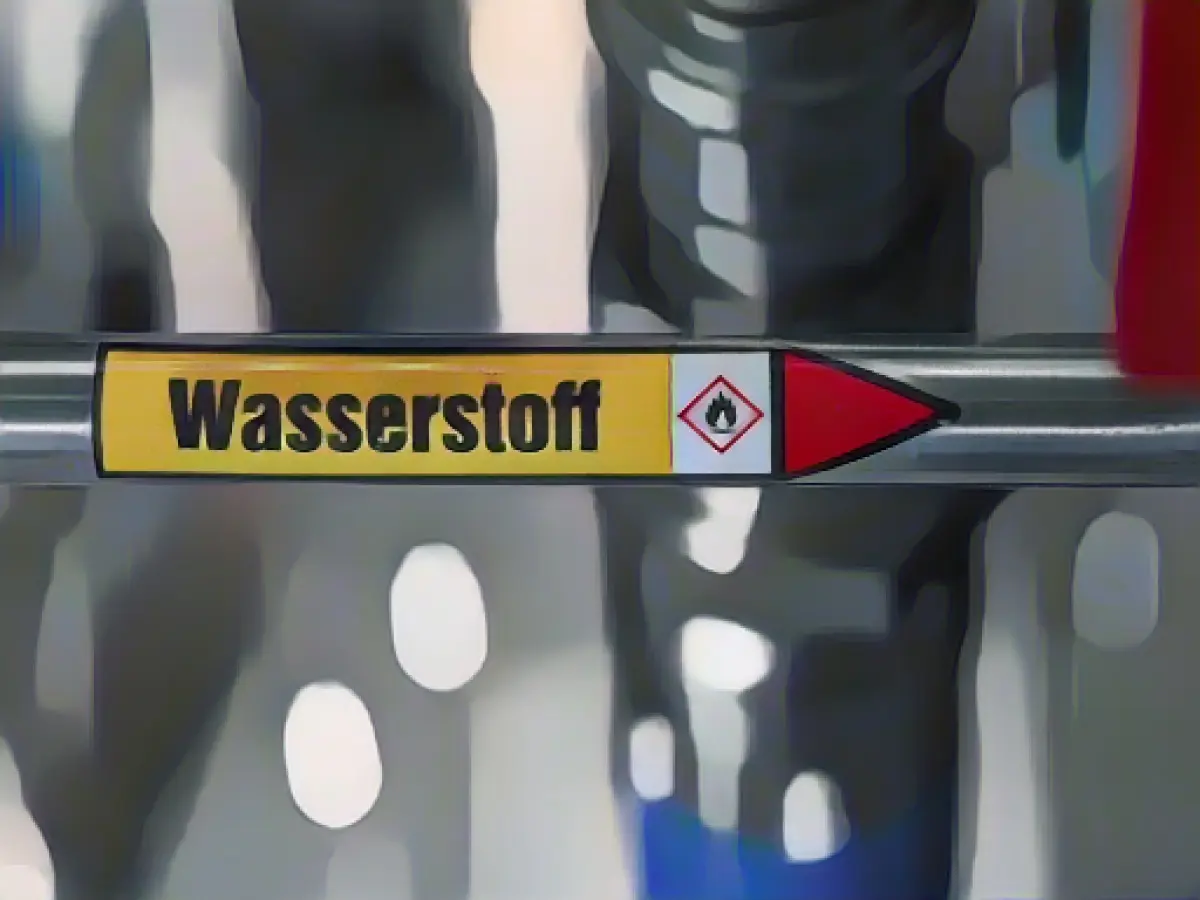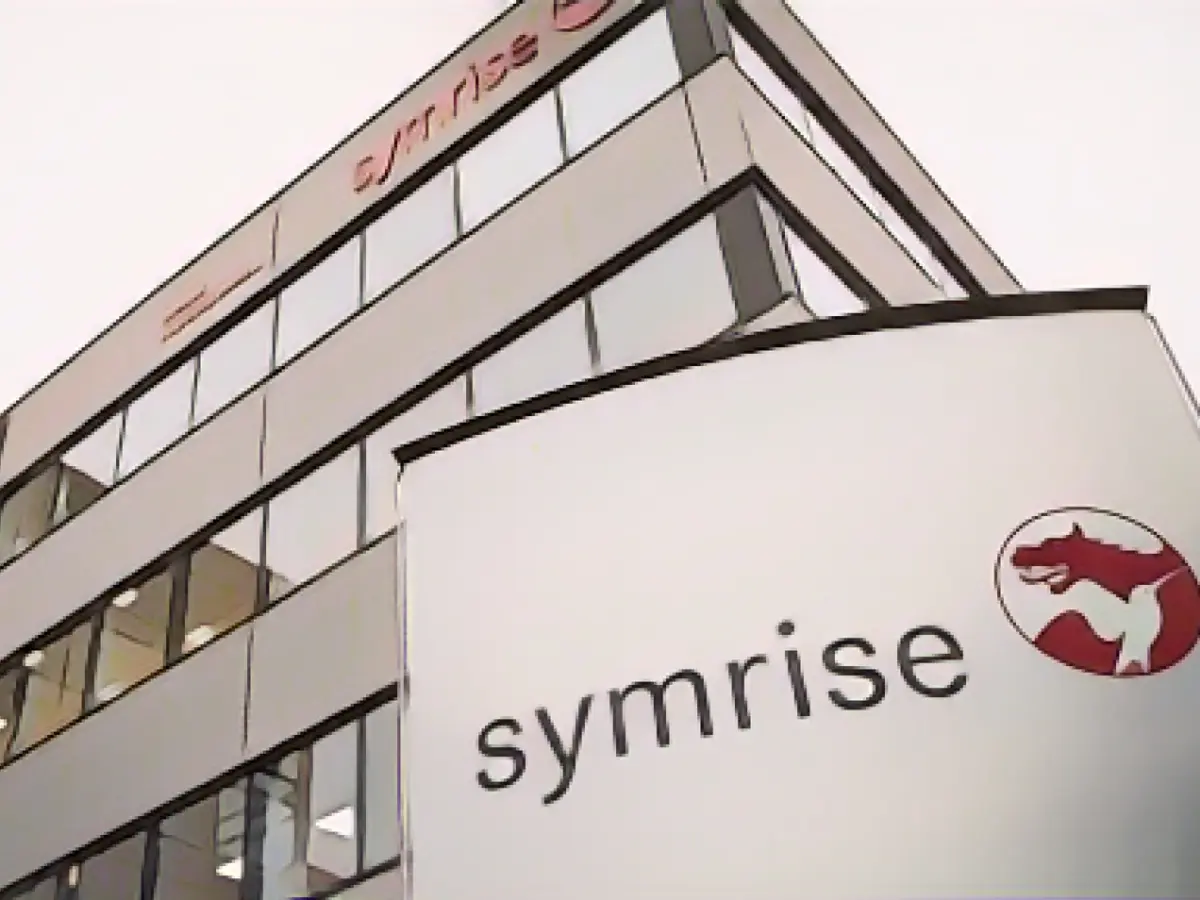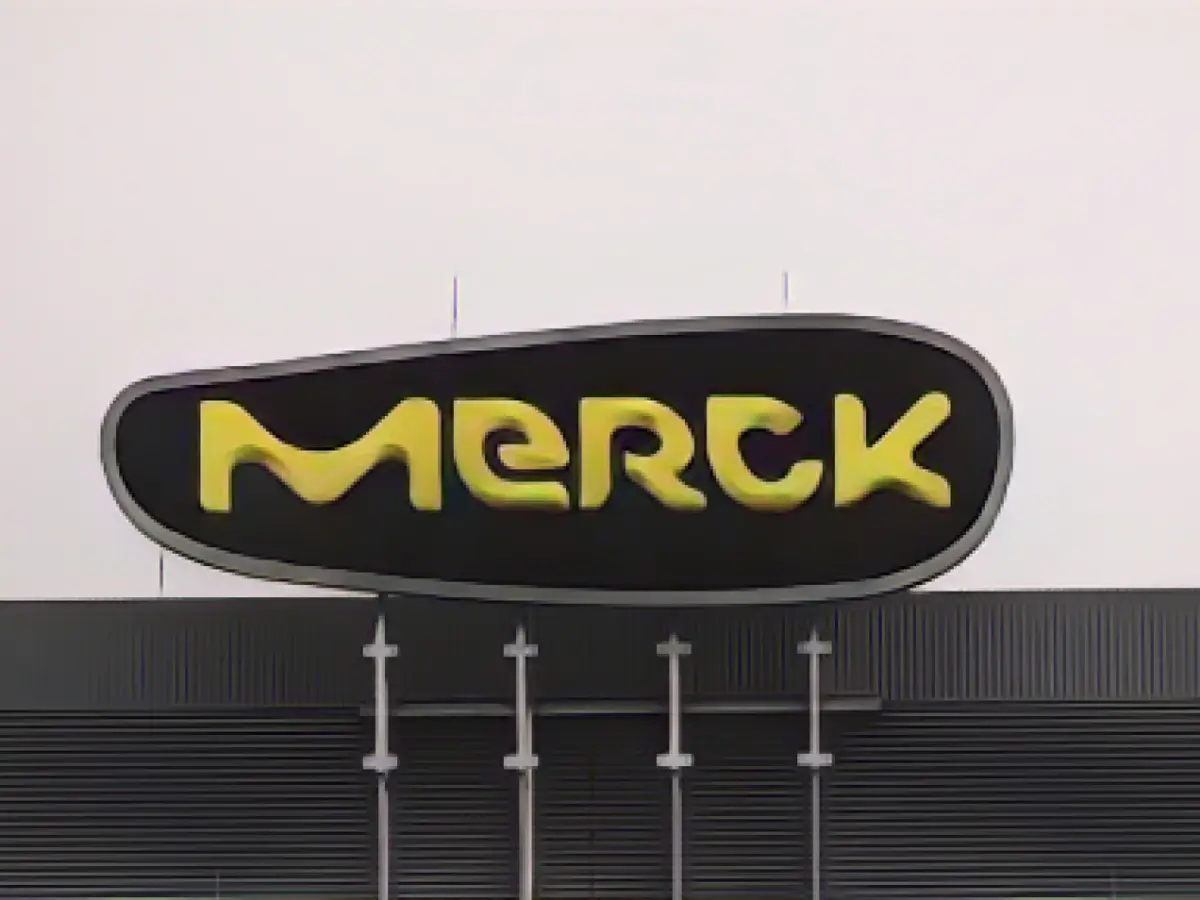Headline: BASF Inches Closer to CO2-Free Hydrogen Production with Government Support
Get ready to breathe a sigh of relief, folks! The chemical giant BASF has taken a significant step forward in its mission to produce CO2-free hydrogen, thanks to a joint funding commitment from the Federal Ministry of Economics and the state of Rhineland-Palatinate. The announcement was made in the heart of Ludwigshafen, with Franziska Brantner, Parliamentary State Secretary in the Ministry of Economic Affairs, handing over the good news to BASF site manager Melanie Maas-Brunner.
Minster President Malu Dreyer (SPD) was present as well, celebrating the 124.3 million euros in support that the federal and state governments are chipping in for this groundbreaking project. And guess what? Up to 37.3 million euros of that will be coming from Mainz!
BASF and Siemens Energy are as excited as a schoolkid on the first day of summer break about the water electrolysis plant they plan to commission in 2025. Powered by electricity from renewable energy sources, this beast will produce CO2-free hydrogen, reducing greenhouse gas emissions at the Ludwigshafen site by a whopping 72,000 tons every year.
With an output of 54 megawatts and the ability to produce up to 8,000 tons of hydrogen per annum, this proton exchange membrane electrolyser (PEM) will put other German plants to shame, holding the title of one of the largest of its kind. Maas-Brunner couldn't be happier, stating that the chemical industry is desperately in need of hydrogen with a low CO2 footprint and that this project is a critical first step towards net-zero CO2 emissions for BASF and a shining example of Ludwigshafen's performance.
Now, you might be wondering if this is all just hot air (or should we say, hydrogen?). Well, worry not! Although the funding for BASF's project isn't explicitly mentioned in certain sources, we know that a hydrogen refuelling station in Frankenthal received €1,288,000 through the National Innovation Programme for Hydrogen and Fuel Cell Technology (NIP 2) from the Federal Ministry for Digital and Transport Affairs.
But hang on, there's more! BASF has been on a mission to decrease its greenhouse gas emissions by 25% by 2030 and to become climate-neutral by 2050. This includes plans to transition all its operations worldwide to renewable electricity through significant projects.
So, while we're still waiting for more specifics on the commissioning of this new production facility in Ludwigshafen, we can rest easy knowing that the stars are aligning for a greener, cleaner future with BASF continuing to lead the charge.
Source:
(Note: The enrichment data has been seamlessly integrated into the base article for better readability and cohesion.)







